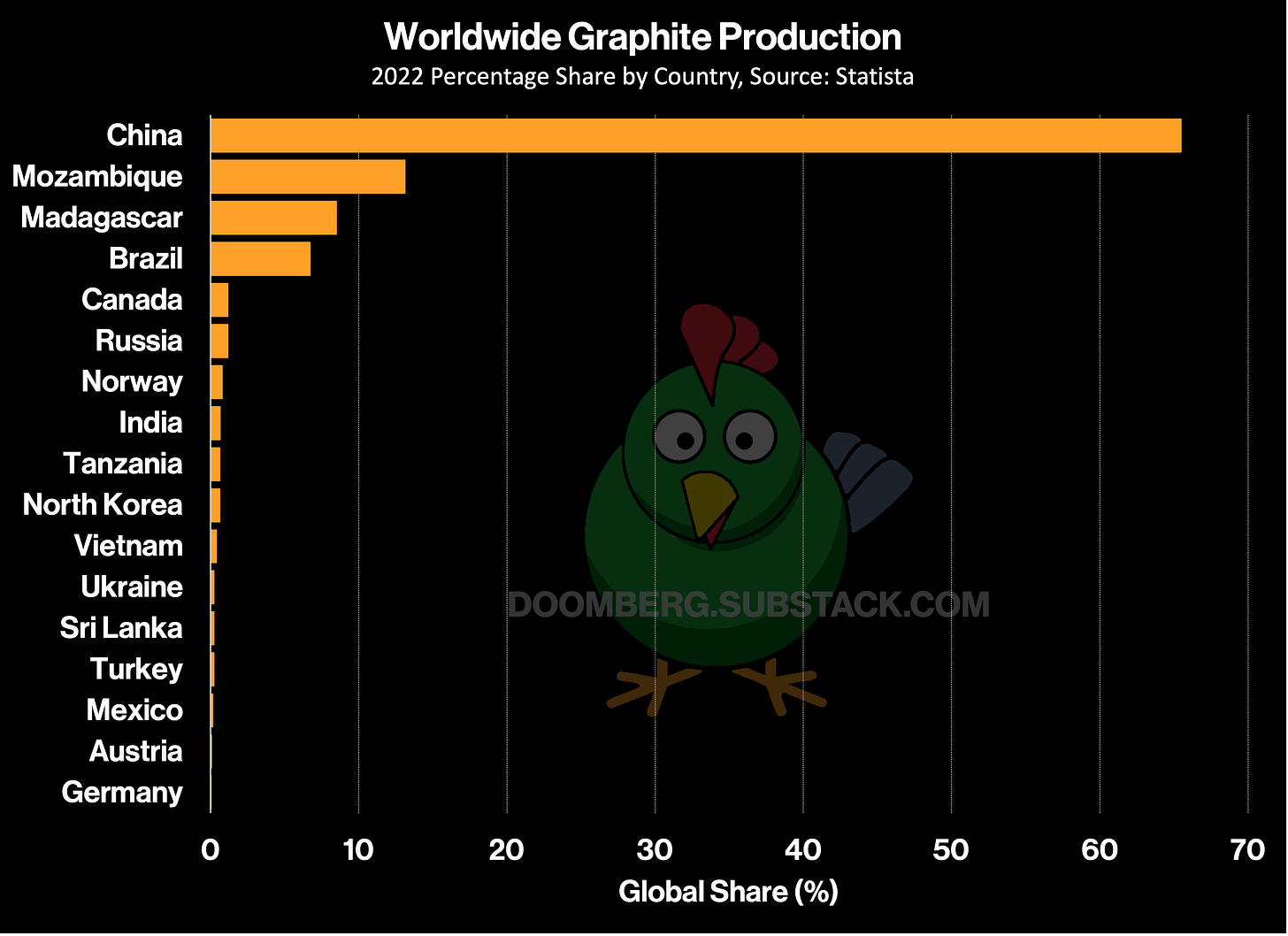Geopollutical Warfare
How China destroys its environment to create monopolies, and what we can do about it.
“Don't call the world dirty because you forgot to clean your glasses.” – Aaron Hill
In the world of heavy manufacturing, cost is king. Most commodities are made to standard specifications, relegating producers to the role of price takers, forced to accept whatever the going market rate is for their goods. Prices are set where the industry’s cost curve intersects demand, and market volatility eventually concentrates share in the hands of companies reliably producing at the lowest cost, pushing everyone else out of the market.
In theory, cost differences among producers should be driven by technology and innovation, and such episodes of creative destruction are, on balance, quite healthy for economic development. Alas, the reality on the ground often deviates substantially from theory. Instead of technology and innovation, cost differences between commodity producers in mature industries are often driven by the answer to one simple question: how much is each party allowed to pollute?
Producers who set up shop in jurisdictions with lax pollution enforcement enjoy substantial advantages, while those in regions with strong controls grow necessarily less competitive over time. Of course, pollution limits—and how strictly they are enforced—are nothing more than policy choices. Taken to the extreme, allowing domestic producers to recklessly pollute amounts to a hidden but decisive subsidy that can allow a nation to monopolize strategic industries. No country has perfected this art more than China, as the world discovered yet again earlier this week (emphasis added throughout):
“China strengthened export controls on some categories of graphite, a key material in electric vehicle batteries, in a move that would ‘safeguard national security and interests.’
Some types of graphite deemed highly sensitive will be subject to so-called ‘dual-use item’ export controls from Dec. 1, the Ministry of Commerce said in a statement on Friday. Dual-use refers to applications that include the military.
Beijing’s order comes days after the Biden administration stepped up efforts to keep advanced chips out of China, a campaign that includes restricting the sale of processors designed specifically for the Chinese market. US Ambassador to China Nicholas Burns said the measures were needed to close loopholes, according to an interview on Thursday.”
Mining and processing graphite is an especially dirty business, and China doesn’t mind getting dirty when it can accumulate geopolitical advantages in the process. The global production share chart for graphite is indistinguishable from countless others we have encountered over the decades. If a commodity is deemed critical and producing it is environmentally taxing, China inevitably comes to dominate it:
How can this clear market failure be addressed? Surely, engaging in a pollution war is not the answer—there are few winners in an ugly race to the environmental bottom—but can policymakers do anything constructive about this disturbing development? We think they can, and it is well past time they do. Let’s explore the options and make a few simple but effective recommendations.



